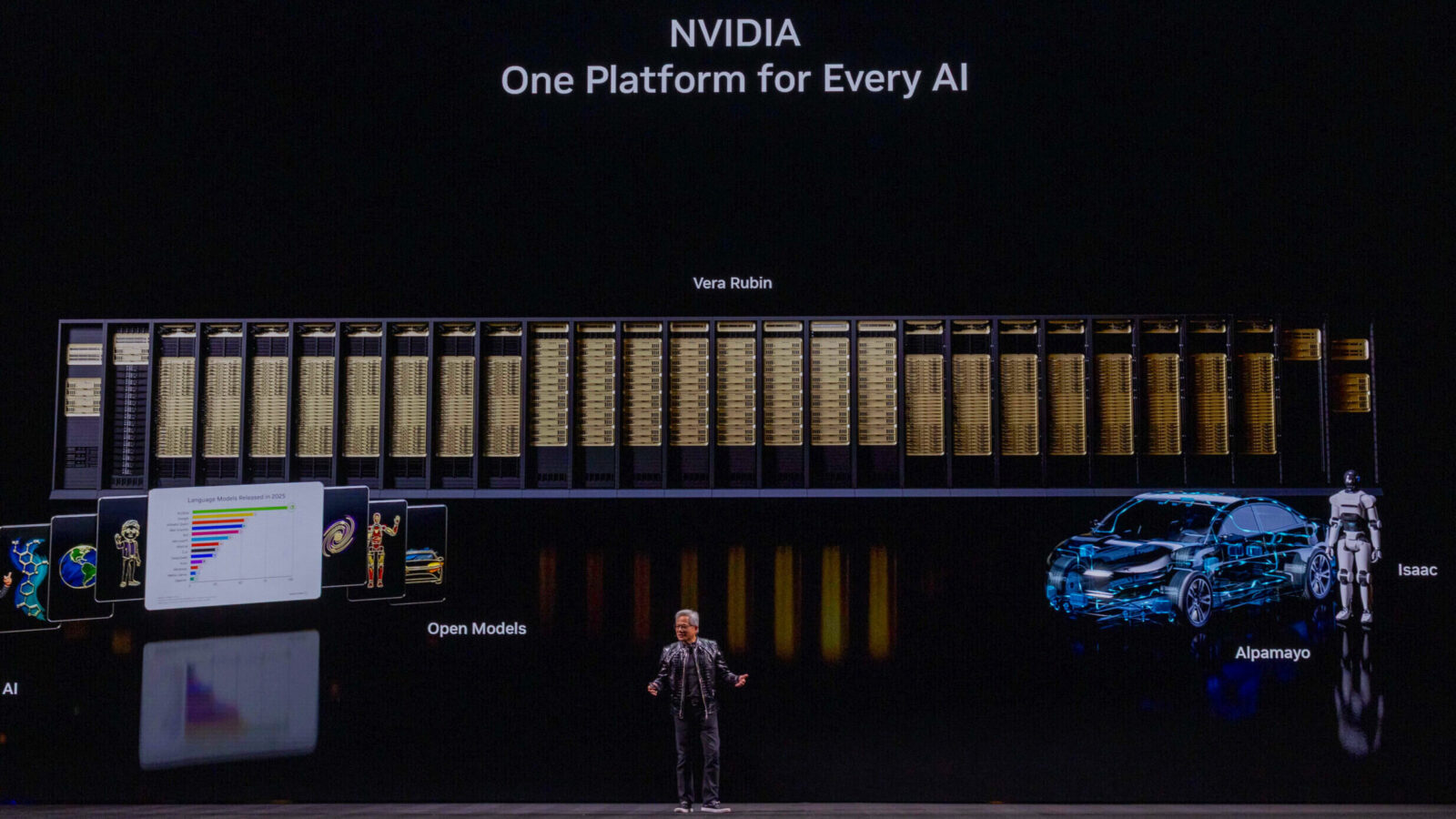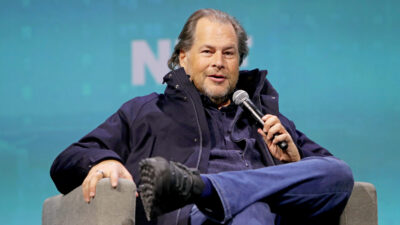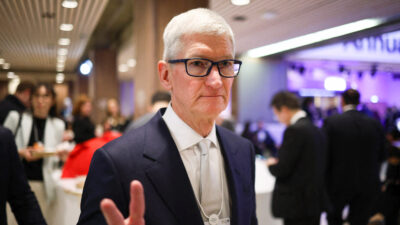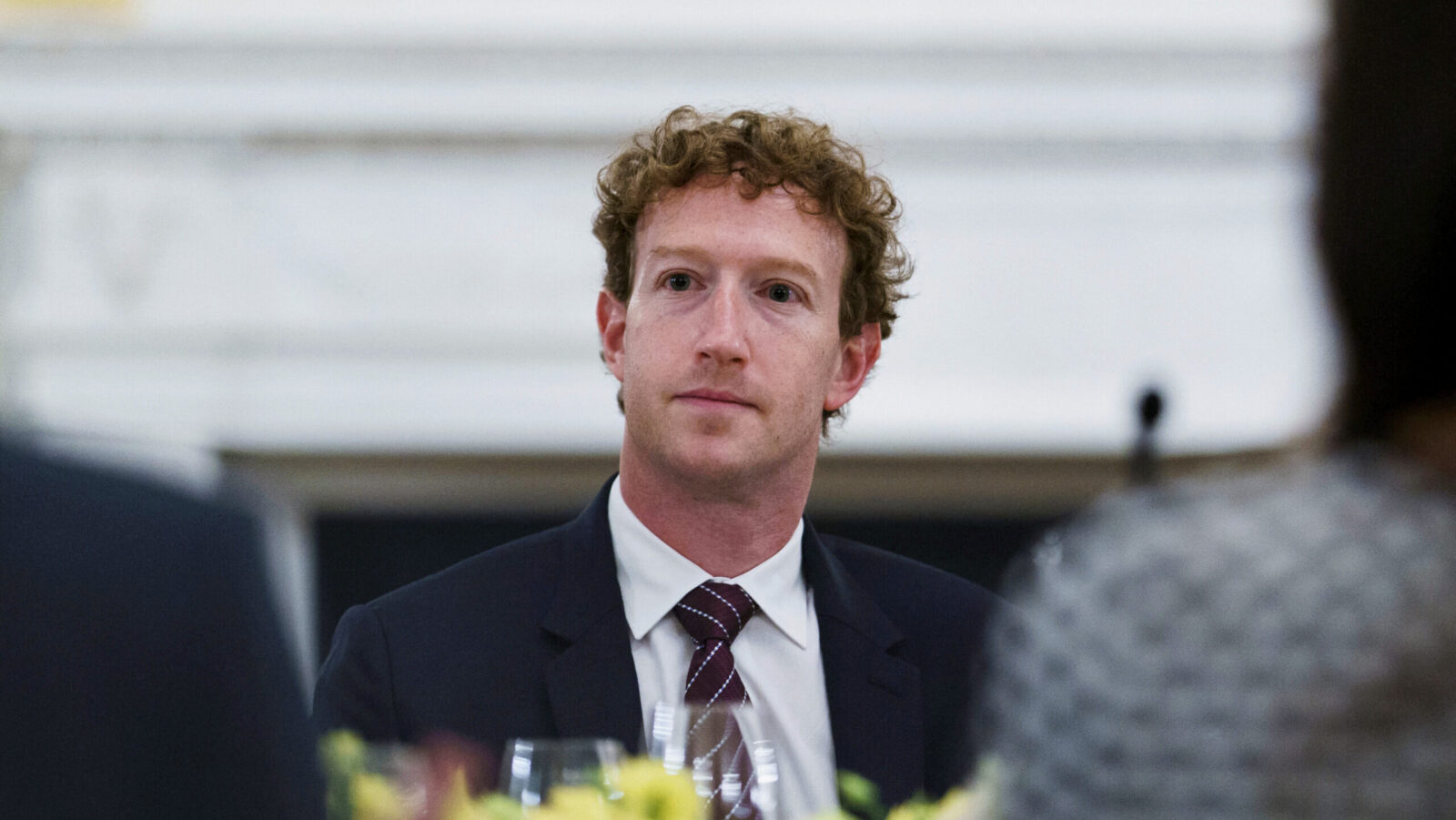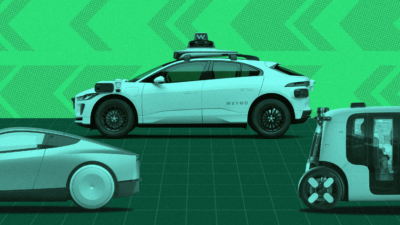Zuckerberg Shells Out Lavishly for Superintelligence Super Team
Meta’s Mark Zuckerberg continued his run of poaching AI talent from competitors with salaries that would make Lebron James blush.
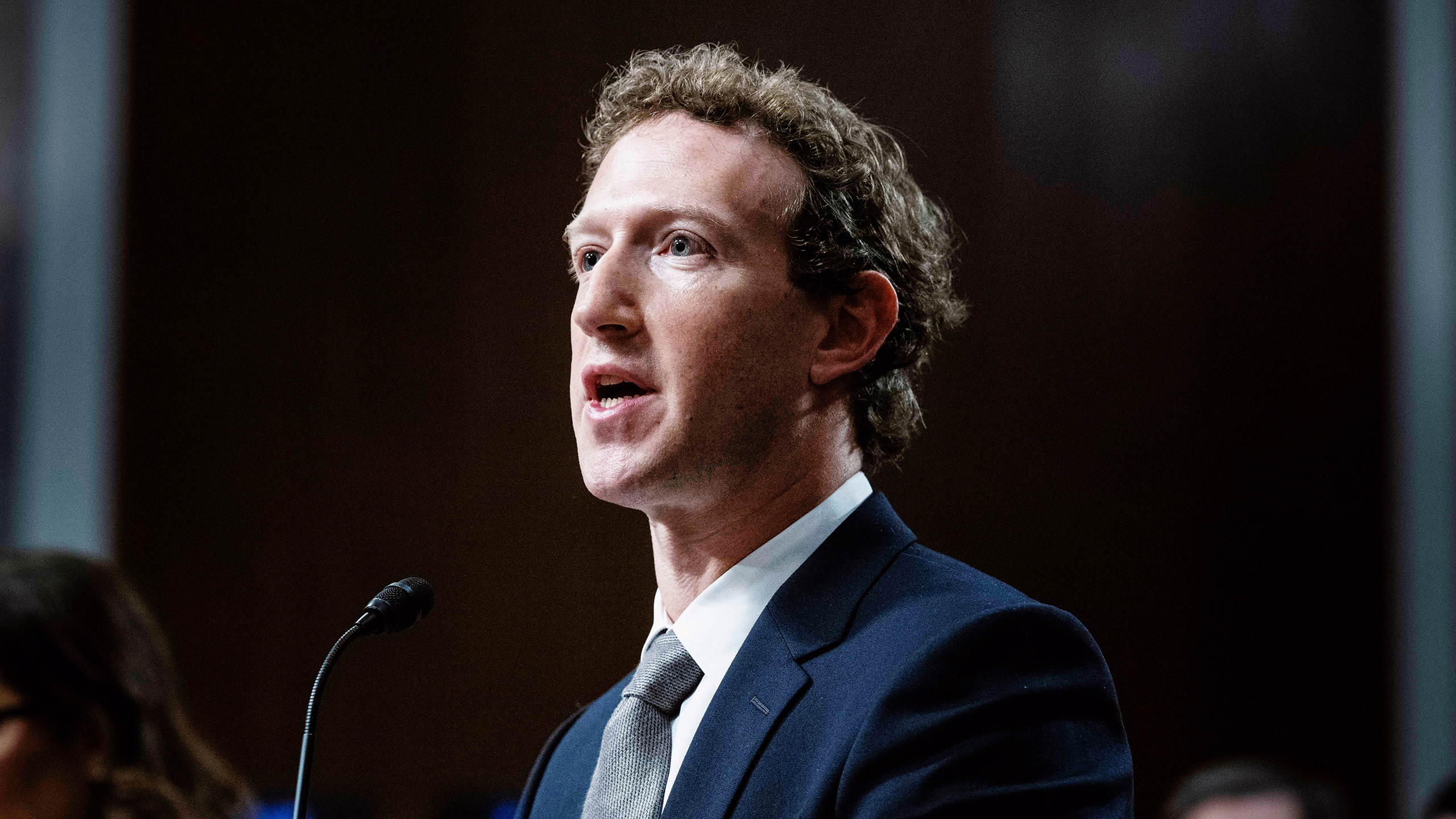
Sign up for smart news, insights, and analysis on the biggest financial stories of the day.
A million-dollar pay package isn’t cool. You know what’s cool? A $200 million pay package.
That’s the amount of money Meta paid to coax Ruoming Pang, one of Apple’s top AI execs, into leaving the Cupertino, California, hardware company high and dry last week. It’s just Planet Zuck’s latest high-profile poach as it builds its “superintelligence” super team. But just how super is superintelligence anyway?
Superintelligent Design
The AI industry loves to create semi-vague buzzwords to serve as all-important goals and thresholds, and why not? It’s quite useful to give investors only a blurry vision of what’s on the other side of those billions and billions of dollars spent. If artificial general intelligence (AGI) remains the industry Holy Grail — the godlike hyper-intelligent entity that will solve all the world’s problems and/or destroy all of humanity using just a fraction of its available RAM — then super-intelligence is the somewhat more achievable step somewhere midway up the robotic evolutionary ladder.
Key word: somewhere, as even industry insiders don’t quite agree on what the buzzword means. Definitions range from “something that can at least match human capability in the sorts of cognitive tasks that people can typically do,” as Google DeepMind chief AGI scientist Shane Legg recently told Fast Company, to something a tad loftier. Researchers at IBM define it as “an AI system whose capabilities vastly exceed those of human beings,” and claim that some leading AI models may have already achieved superintelligence, at least in many fields and cognitive areas.
Either way, Meta is dead-set on not falling behind — and it’s reaching deep into its pockets to pay for some of the most intelligent people in the superintelligence space:
- In addition to Apple’s Pang, Meta has recently lured former GitHub CEO Nat Friedman, Safe Superintelligence co-founder Daniel Gross, Anthropic researcher Anton Bakhtin and about a dozen top workers from OpenAI. Meta also invested $14 billion to take a 49% stake in Scale AI, making founder Alexander Wang its chief AI officer in the process.
- The pay packages have been roundly super as well, though with some strings attached. Sources told Bloomberg that the roughly nine-figure salaries are packages of major signing bonuses and a base salary complementing a hefty amount of Meta shares, with much of it wrapped up in performance targets and loyalty clauses designed to lock in top hires for multiple years.
Through the Looking Glass: Superintelligence hires aren’t Meta’s only recent instance of splashy spending. Last week, sources also told Bloomberg that the social media giant dropped $3.5 billion to take a roughly 3% stake in EssilorLuxottica, the world’s largest eyewear manufacturer. That deepens Meta’s relationship with EssilorLuxottica brand Ray-Ban, which makes Meta’s wearable smart glasses. Similar to the superintelligence space, tech companies are now embroiled in a talent war in the spectacles sector. In May, Alphabet announced a $150 million partnership with Warby Parker, the favored glasses brand among hipster millenials.
